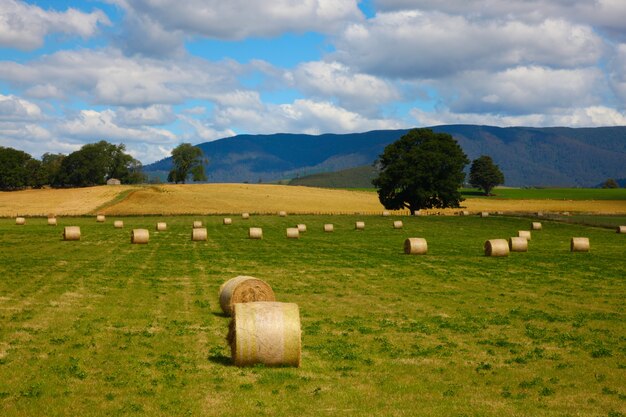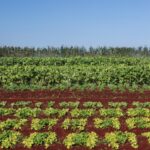Effective pasture management is essential for South African farmers aiming to maintain healthy livestock, optimize forage production, and enhance the sustainability of their farming operations. Properly managed pastures can improve animal health, reduce feed costs, and contribute to soil health and biodiversity. Here are key strategies for managing your pasture effectively:
1. Understand Your Pasture Types
South Africa has diverse pasture types, including natural grasslands and cultivated pastures. Understanding the characteristics and growth patterns of these pastures is vital for effective management. Conduct soil tests to determine soil fertility, pH, and nutrient levels, which will guide your pasture management decisions.
2. Implement Rotational Grazing
Rotational grazing involves dividing pastures into smaller paddocks and rotating livestock through them. This practice allows grazed areas to recover, promotes even grazing pressure, and helps maintain pasture health. By giving pastures time to regenerate, you can increase forage production and reduce overgrazing.
3. Monitor Forage Quality and Quantity
Regularly assess the quality and quantity of forage available in your pastures. Use visual assessments or tools like pasture probes to determine biomass levels. Monitoring helps you make informed decisions about grazing schedules, supplemental feeding, and pasture renovation when needed.
4. Manage Stocking Rates
Stocking rate refers to the number of animals grazing per unit area. Overstocking can lead to overgrazing and soil degradation, while understocking can reduce profitability. Calculate appropriate stocking rates based on pasture productivity, animal requirements, and seasonal variations to optimize pasture use and animal performance.
5. Control Weeds and Invasive Species
Weeds and invasive plant species can compete with desirable forage plants, reducing pasture productivity. Regularly inspect your pastures for invasive species and implement control measures, such as mechanical removal or targeted herbicide application, to maintain pasture health.
6. Incorporate Legumes into Pastures
Legumes, such as clover or lucerne, can enhance pasture productivity and improve soil fertility through nitrogen fixation. Incorporating legumes into your pasture can provide high-quality forage for livestock while reducing the need for synthetic fertilizers.
7. Practice Proper Fertilization
Apply fertilizers based on soil test results and pasture nutrient needs. Maintaining optimal nutrient levels is crucial for promoting healthy pasture growth. Use organic or slow-release fertilizers where possible to minimize environmental impact.
8. Manage Water Resources
Access to clean water is essential for healthy livestock and pasture management. Ensure that your pastures have adequate water supply, particularly during dry periods. Consider implementing water conservation practices, such as rainwater harvesting and efficient irrigation systems, to sustain pasture health.
9. Utilize Pasture Renovation Techniques
Pasture renovation may be necessary when pastures decline in productivity or become overrun with weeds. Techniques include reseeding with improved forage species, adjusting soil fertility, and managing grazing pressure to restore pasture health.
10. Educate Yourself and Stay Informed
Continuously educate yourself about best practices in pasture management through workshops, training sessions, and agricultural extension services. Staying informed about new research, technology, and sustainable practices will enhance your pasture management skills.
Effective pasture management is crucial for the success of livestock farming in South Africa. By implementing these strategies, farmers can optimize pasture productivity, improve animal health, and contribute to sustainable agricultural practices. Proper management not only enhances farm profitability but also supports the overall health of the ecosystem, ensuring that future generations can continue to benefit from South Africa’s rich pastoral resources.
Join 'Farmers Mag' WhatsApp Channel
Get the latest Farming news and tips delivered straight to your WhatsApp
CLICK HERE TO JOIN






